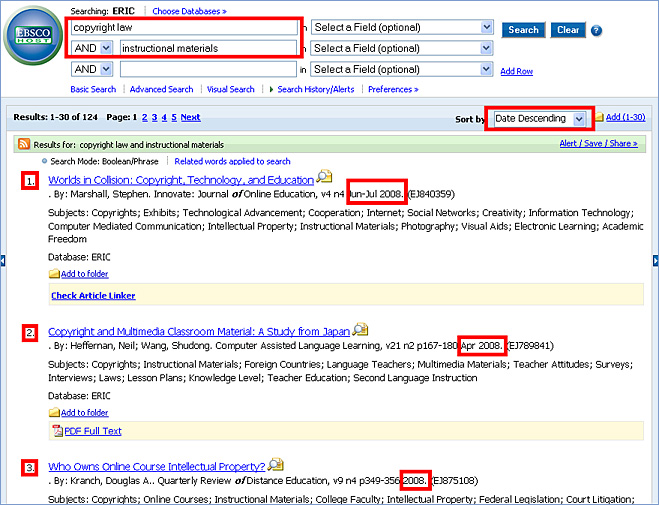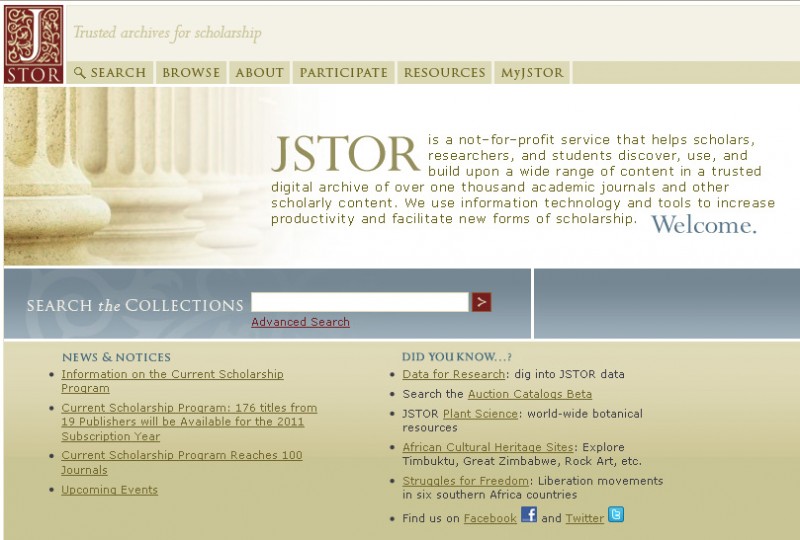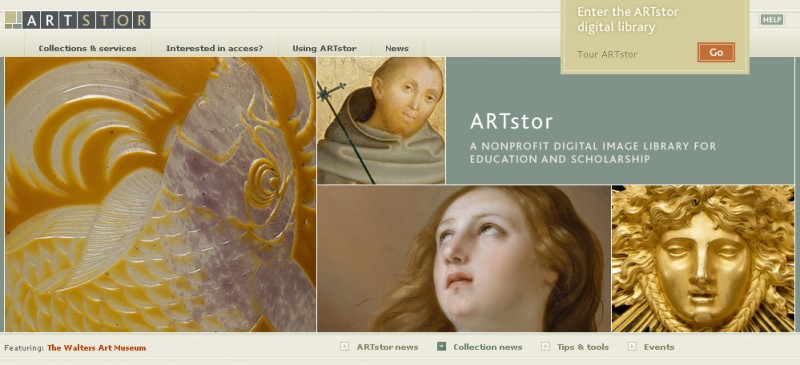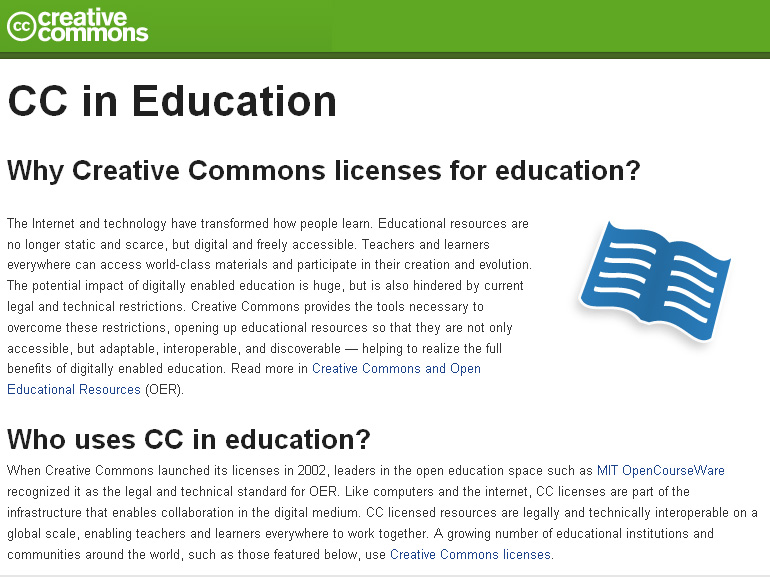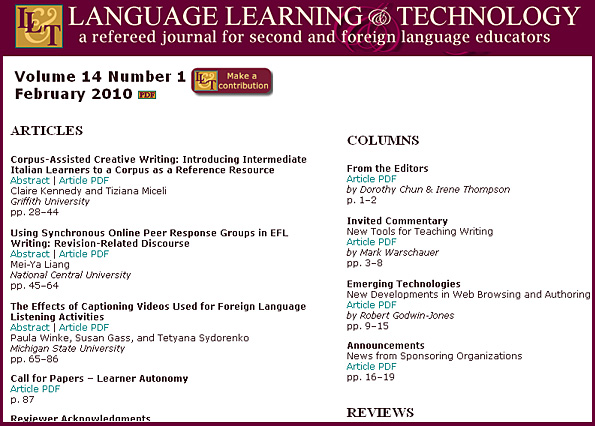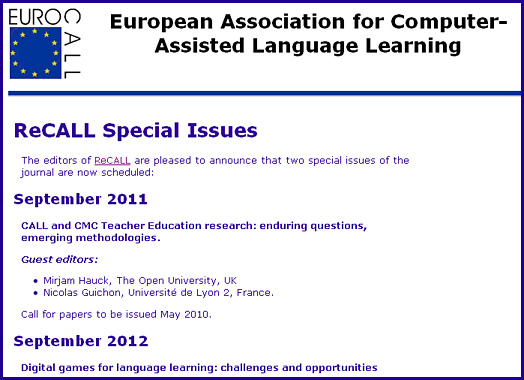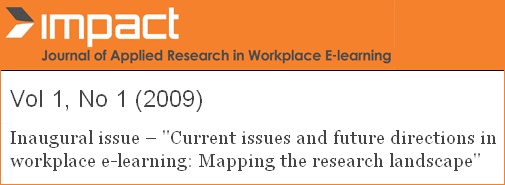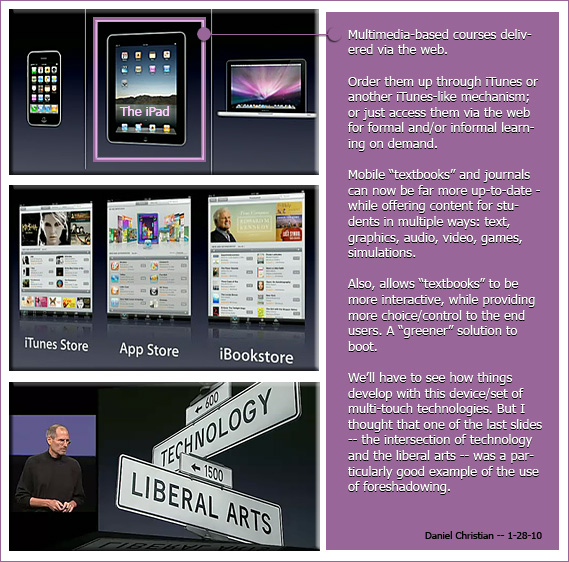From DSC:
I guess I’m in a reflective mood again this morning. After reading and reflecting on Clive’s posting, I ran across Tony Bates’ posting, “Do we need academic journals any more?”
I found myself nodding or saying “Yes! — Amen to that!” several times. For example, Tony mentions:
However, its late publication, the length of the journal, and its traditional format all make me wonder if such journals are useful anymore. (This one is also incredibly boring, like most of the others). I get the feeling that the primary stakeholders in journals these days are not the readers but the authors, who need publication for tenure and promotion. Do they really expect anyone other than reviewers to read this stuff?”
…I don’t have the time to sit down and read – or even – skim – a complete issue of a whole academic journal, and I’m not even working full-time. Maybe that’s my loss, but surely in this day and age we can find better ways of disseminating useful information that has a sound academic base, without trivializing it.
There is still a need for a ‘full’ article that’s been properly peer reviewed, especially if it is presenting original data or research, but why not have a ‘rolling’ publication of articles when ready, using abstracts with links to the full article, RSS feeds and Twitter notices, with opportunities for online comments and discussion of the articles? Shouldn’t journals about e-learning be walking the talk, instead of existing in a pre-digital age? (Long live blogs.)
From DSC:
Academia needs to be relevant, up-to-date, and responsive. We can not cling to the status quo. We must prepare students to learn how to learn. We need to help them be willing and prepared to change (with an eye towards discernment in which changes to make — which involves critical thinking, research skills, synthesizing skills, cross-disciplinary thinking, and problem-solving skills).










